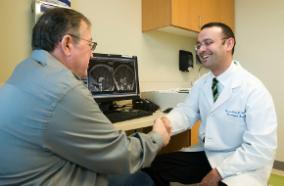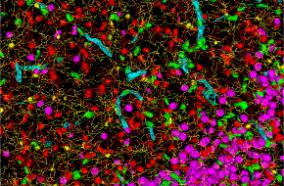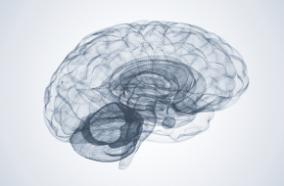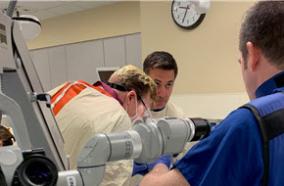Spinal cord injury (SCI) is among the most devastating injuries for patients, and there are approximately 1.5 million Americans living injuries to the spinal cord today. Paralysis at any level above lumbosacral level disrupts proper bladder function; therefore management of the neurogenic bladder is a crucial component in the care of SCI patients. Since the micturition (urination) reflex is disrupted in SCI, most patients require some form of bladder management, and they include spontaneous voiding, chronic catheterization, or intermittent catheterization, and treatment of high-pressure symptoms includes anti-cholinergic medications or bladder chemodenervation with onabotulinum toxin. Non-compliant bladder can result in abnormally high bladder pressures during the filling phase that can increase urine leaks between catheterizations, or urine leak around chronic indwelling catheters, significantly compromising patients’ quality of life. Maintenance of bladder wall compliance is critical to the preservation of renal health to avoid high bladder pressures that can result in urine reflux to urethra or kidney, kidney swelling, kidney infection, and other sequelae. Currently, non-compliant bladder is treated clinically only in the chronic stage after SCI, but the bladder wall changes due to chronic SCI eventually outstrip the capacity of these therapies to improve bladder compliance. Therefore, early intervention is key to mitigating bladder changes that can reduce bladder compliance after SCI. We hypothesize that acute bladder chemodenervation with onabotulinum toxin can mitigate compliance in the chronic SCI bladder. We will test the effects of “early” and “late” chemodenervation in a pre-clinical model of SCI in rodents. Innovative histological and functional analyses will be performed to evaluate bladder innervation, compliance and function. Results from this proposal will advance the development of a more effective therapy for increasing bladder compliance in patients with SCI, with the ultimate goal of improving quality of life for persons with SCI.
Craig H. Neilsen Foundation




















